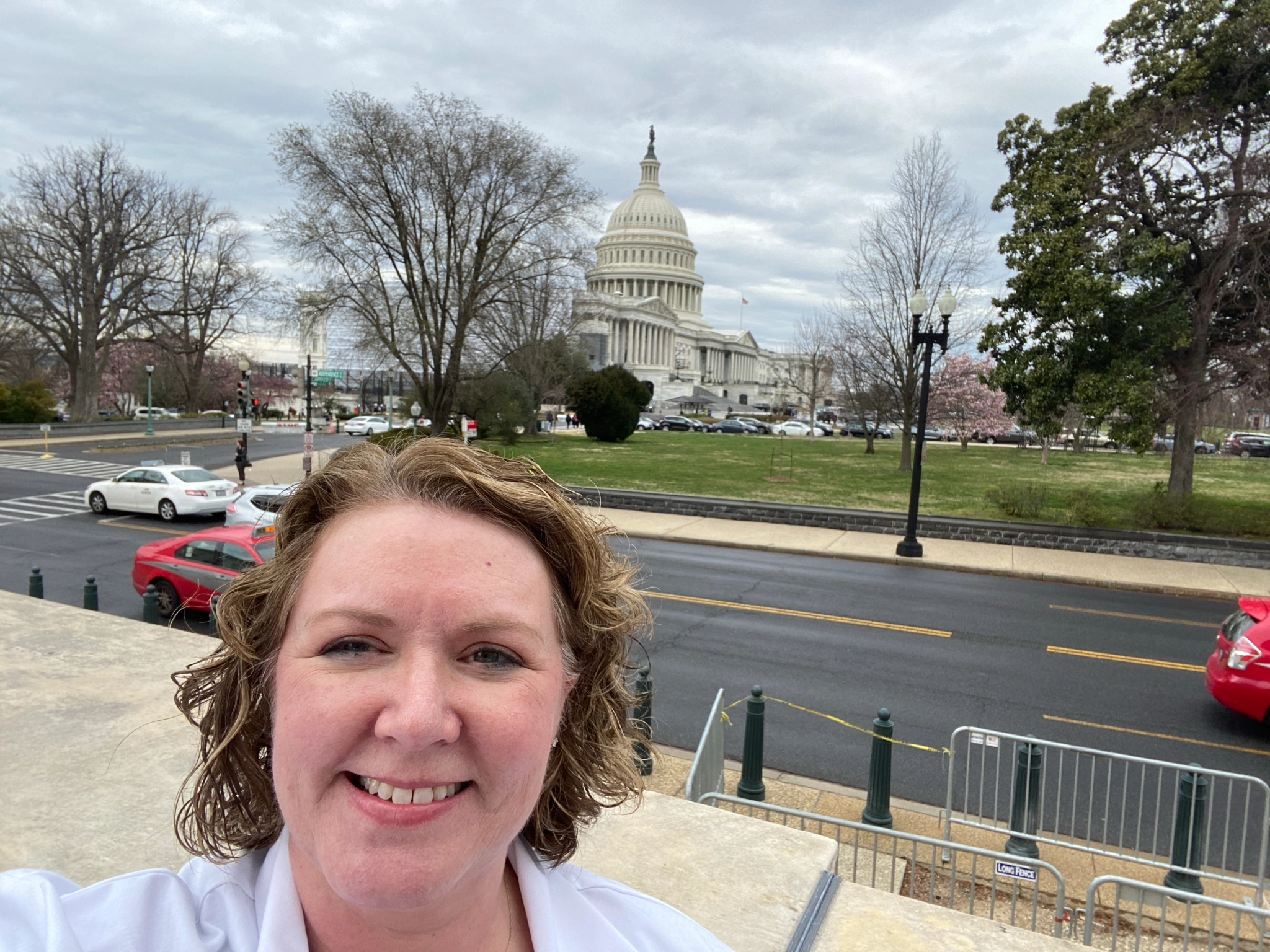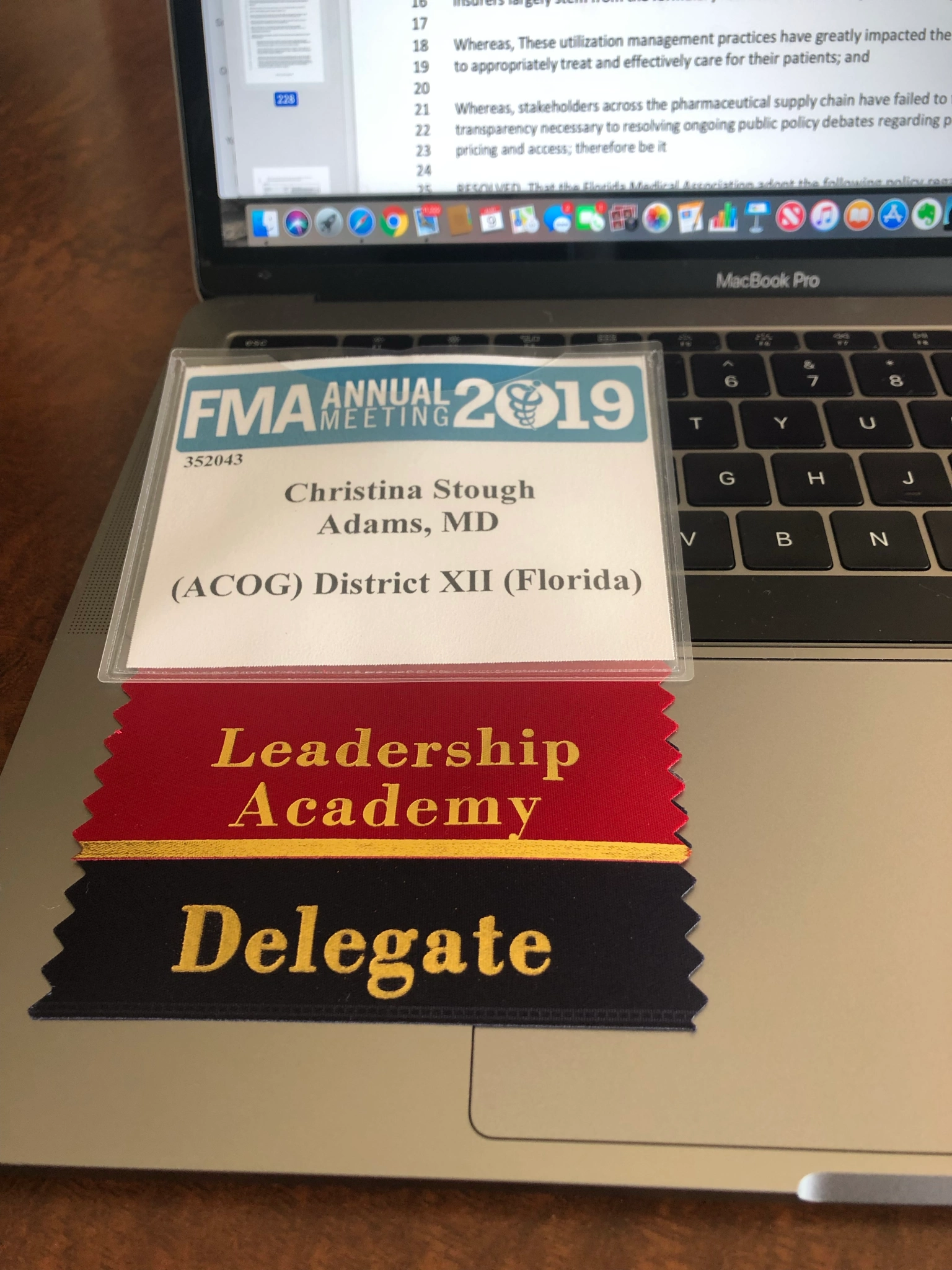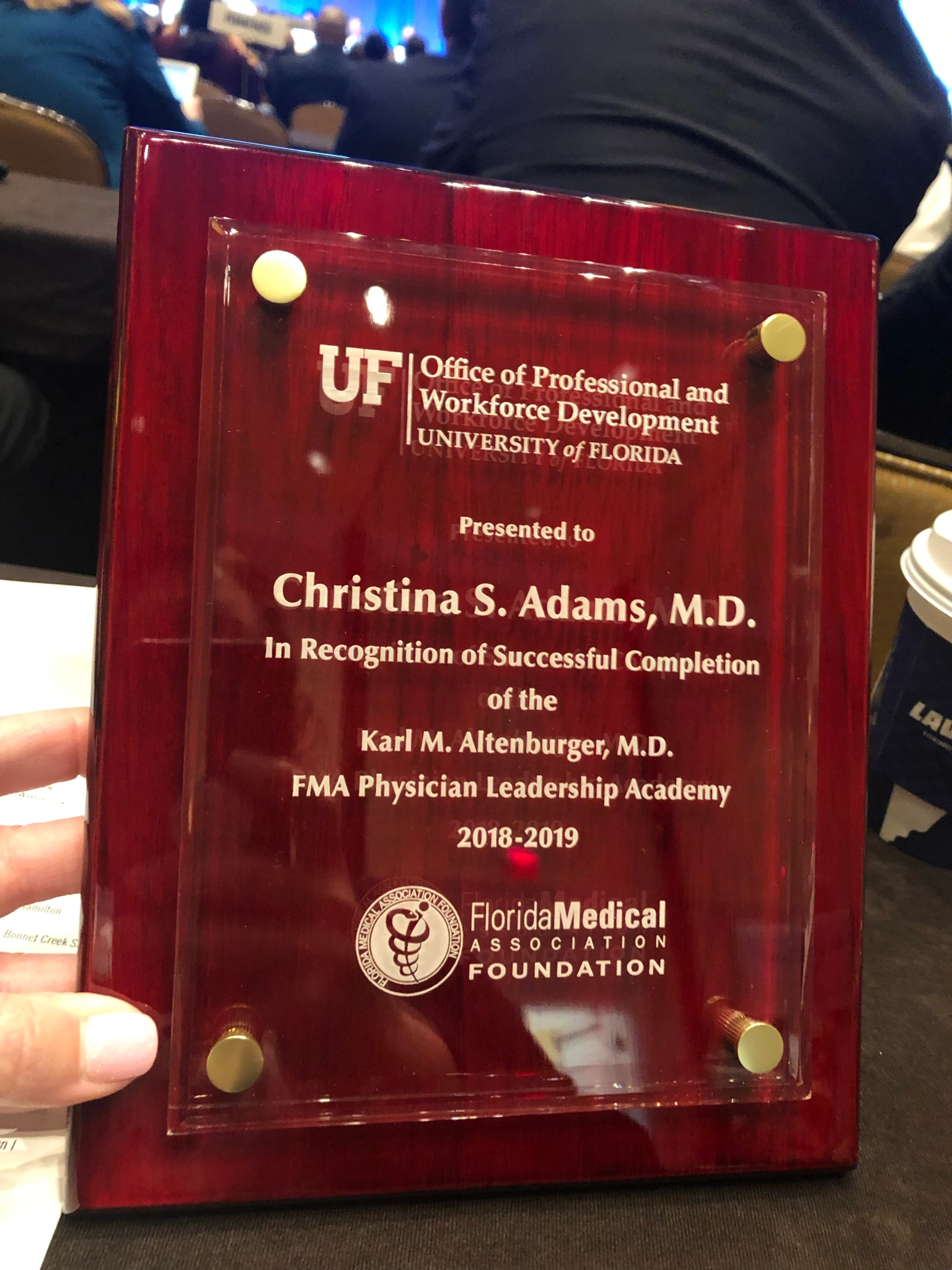Lobbying and organized medicine – why physicians can’t seem to get what we want
Jul 12, 2024
I often hear colleagues ask why we can’t get a certain professional organization (ACOG, AMA, state medical societies) to help us on an issue.
The answer to this question, unfortunately, is usually money. For such a huge “industry” – and I hate that word applied to my profession as much as the next gal, but that’s what medicine is – we in medicine are notoriously bad at organizing and donating to PACs and campaigns for politicians who are friendly to the business of medicine. We donate a pittance in terms of dollars to PACs and politicians compared to the people with whom we are most often are at odds in terms of political goals – the trial attorneys.

I have my theories as to why this is the case. Physicians are idealistic, and fiercely independent, both to a fault. If an organization differs with our individual opinion on an issue, we won’t support it with our dollars. So, if the AMA’s stance or ACOG’s stance on an issue disagrees with our own individual opinion, we “vote with our feet” and pull our support of that organization. We don’t pay our dues because they “don’t represent me”. We have always been bad at donating to organized medicine PACs, and I believe this is because we just don’t understand the way things work in politics. PAC money gets you time with a politician. Everyone else working against physicians understands this. Physicians are smart. Why can’t we understand this too?
The trouble with voting with your feet is that nobody else out there represents us as physicians either, so we are left unrepresented. And then we wonder why politicians seem to be ignoring what we have to say.
For the last few years, I’ve been attending organized medicine meetings focused on political action to support our profession, specifically OB-GYNs. I’ve been attending ACOGs congressional leadership conference and the Florida Medical Association annual meeting as an ACOG representative to the FMA House of Delegates. I also participated in the FMA physician leadership academy. I’d like to explain a little about each and my takeaways from those experiences.

The number one thing I have learned from my experience at the congressional leadership conferences is that if all OBGYNs contributed to our ACOG PAC, we’d have a huge presence in terms of PAC dollars and numbers of members and could perhaps gain some traction on our issues. This holds true for every other PAC representing a medical society, as well as the AMA and state medical societies.
I recently attended my fourth ACOG congressional leadership conference. At this meeting, about 600 OB-GYNs from across the country convene in Washington, DC to learn about influencing the legislative process and to lobby their senators and representatives for two or three ACOG legislative priorities. The meeting begins with education about how bills are passed and become law. Most of us learned this ages ago in school, but it’s usually been a while since we’ve thought about it. We then hear from experts on the issues about which we are lobbying that year. These are the things the ACOG political affairs team believes are the issues on which we have the best chance at affecting change. Because you have to fight the fights you can win. It’s pointless to spend money and political capital on issues where there is no chance of getting what we’re asking for. We take one-pagers to Capitol hill and speak to our representatives about our issues on the last day of the conference.

I’ve also seen that the tide seems to be turning in terms of what the ACOG PAC is lobbying for. We are the one professional organization who is fighting for social issues affecting our patients. We are fighting against political interference in our exam rooms, from gag rules on what we can discuss with our patients, to laws mandating certain scripts we have to discuss with patients in certain situations, particularly pertaining to abortion. This is important work to be sure, but it leaves little time and money to lobby for other things our profession needs, such as payment reforms that allow us to keep the doors of our individual practices open. While ACOG continues to fight for the social issues we’ve always fought for, I’ve seen more attention being paid to issues affecting the business of medicine in the last year or two. Hopefully that will influence more members to contribute to the PAC and participate, since a common complaint is that ACOG is not advocating for things important to independent private practice OB-GYNs.
I’ve also been serving as an ACOG representative to the House of Delegates for my state medical society, the Florida Medical Association. This is a totally different experience than anything in which I’ve ever participated. We get a packet of resolutions to review prior to the meeting that have been submitted by various county medical societies or professional organizations that are represented at the meeting. We meet the night before the conference starts to discuss the resolutions and what ACOG’s stance is on each of the issues. Since we’re representing ACOG, we have to follow their stance – usually it agrees with my own, so that’s not an issue. We then take committee assignments and go to each of 4 committees where the resolutions are discussed and marked up before they’re presented in the House. We also caucus with our county medical societies who discuss the resolutions and we bring ACOG’s voice to those meetings as well. In the general House meeting, we speak on the issues of concern to us and vote on them. If ACOG has no official stance, we can speak “for ourselves” on an issue as long as we identify that we’re speaking on behalf of ourselves or on behalf of our delegation. The outcomes of those votes determine FMA policy on a particular issue.

This is a really weird process the first time you do it. The House is very procedurally driven, and very “parliamentary” which feels strange if you aren’t used to it. We debate the way the resolutions are phrased and edit them on the floor. It takes a few years to get the hang of the process and figure out how it works. It also takes years and years to have political influence at the meeting. Most of the physicians at the meeting have been attending this meeting for many years faithfully.
I also had the opportunity to participate in the FMA Physician Leadership Academy from 2018-2019. We had about 25-30 physicians from across Florida who met 5 times over the course of the year for what the organizers bill as a “mini-MBA” for physicians. This is a series of courses organized by the FMA and the UF Leadership Development Institute – part of the business school at UF. The subjects were things like public speaking and networking, personality assessments and leadership styles, organizational culture, business communication, and strategic planning. While I learned a great deal in these sessions and am grateful for the opportunity to learn the information presented, the best part for most of us was the opportunity to network with our colleagues from across the state and be in the room with the Board of the FMA. Since the meetings are held in conjunction with the board meetings, we had lunches and evening receptions with the board members.

The intent of these sessions was to drive engagement with the FMA and get voices of younger physicians involved in FMA leadership. I really got the sense that the FMA is trying to represent all the physicians of Florida. As a member driven organization, however, the voices that show up will be the once that drive policy. So, if my colleagues feel like they’re not represented by their professional societies, I’d just say that we have to show up to be heard. I realize it’s hard to take time away from practice. Every time we leave our practices to attend meetings, we lose money. We also have limited time with our families and these meetings take time away from them. I understand all of those arguments because I live them. But some of us have to continue to prioritize spending time and money representing our colleagues in order to have our professional organizations stand for the things we need them to stand for.
Coaching has helped me personally, so I trained to become a coach so that I can share the same tools with you.
Book a free introductory session now.
Stay connected with news and updates!
Join our mailing list to receive the latest news and updates from our team.
Don't worry, your information will not be shared.
We hate SPAM. We will never sell your information, for any reason.

